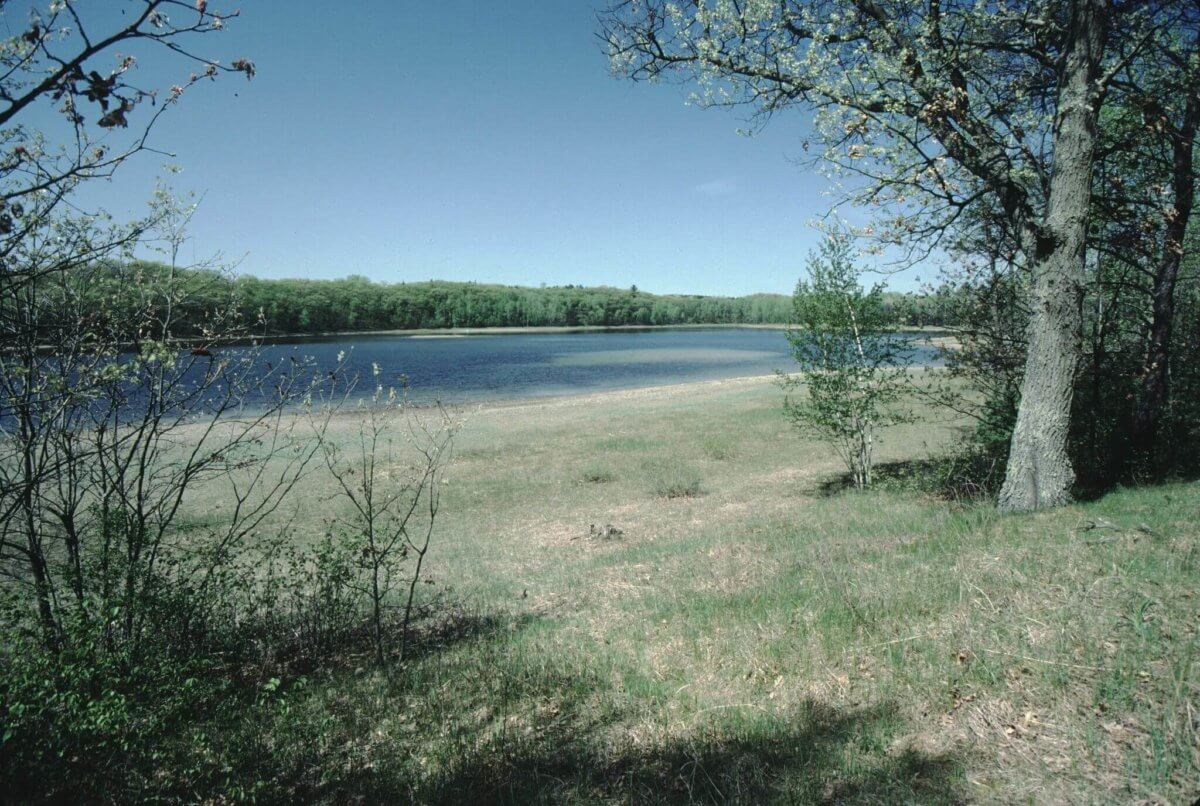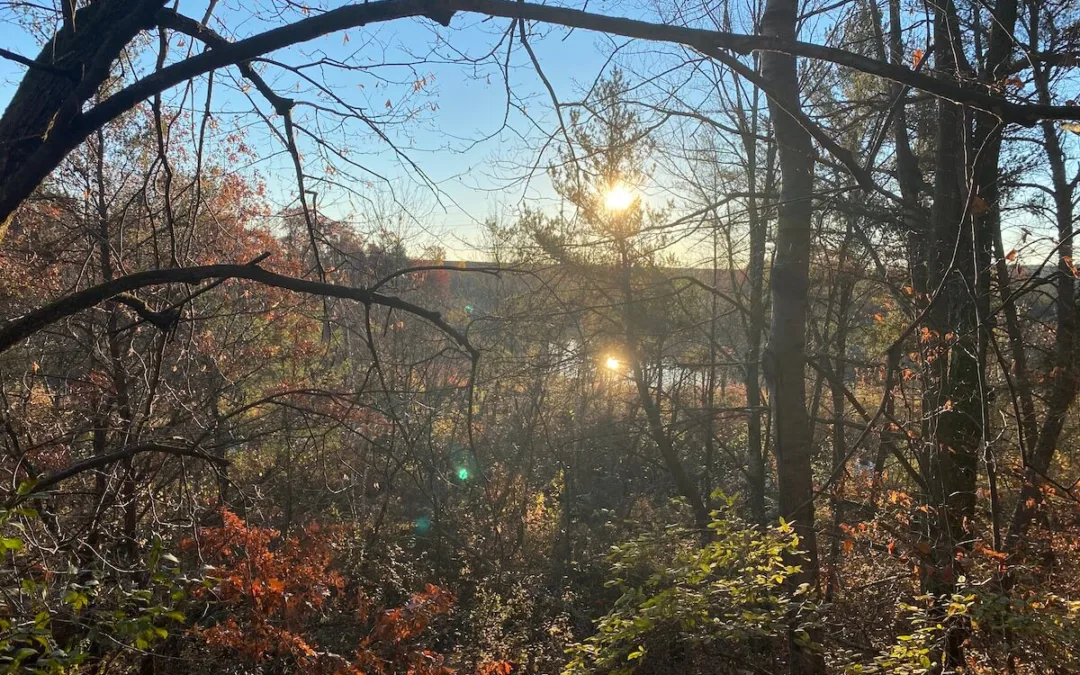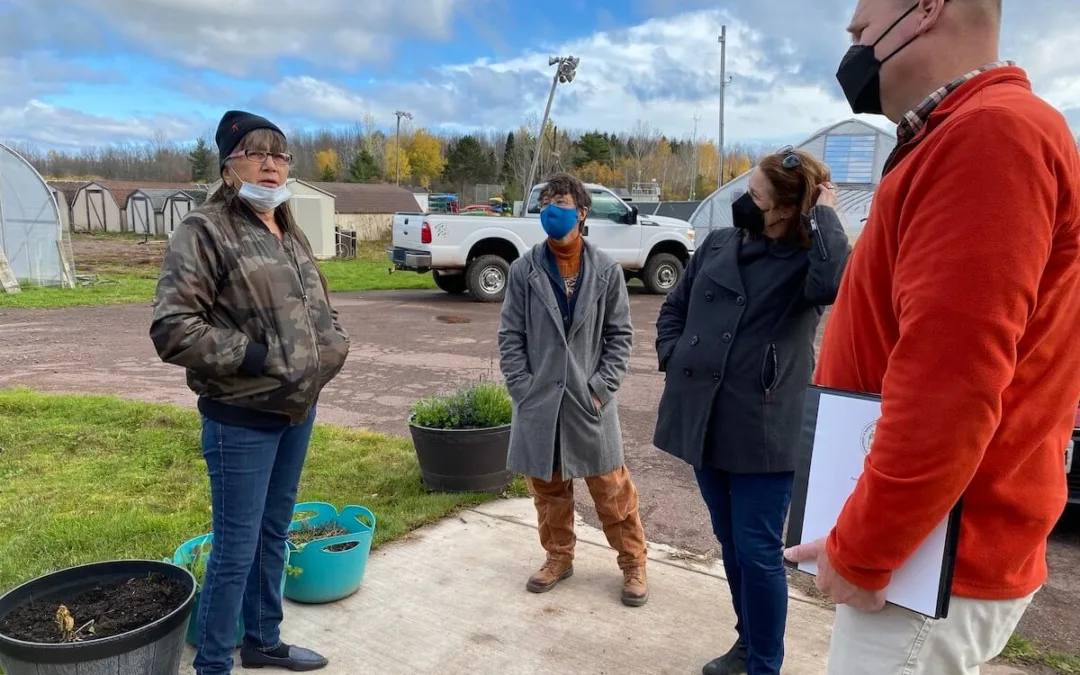
#image_title
#image_title
Clean Wisconsin asks the court to remove legislative micromanagement citing megafarm pollution and high-capacity wells draining lakes.
The Wisconsin Supreme Court heard two cases Monday centered on a 2011 law—passed early in the administration of former Gov. Scott Walker—that restricted the Department of Natural Resources (DNR) to only enforcing environmental law as “explicitly” spelled out by the Legislature, leaving little to no room for case-by-case interpretations on protecting groundwater.
The cases could determine how much leeway is available to all state agencies, not just the DNR, to act beyond what is explicitly stated in state law in order to fulfill each agency’s mission. In these DNR cases, it could continue to limit the tools available to the agency to ensure safe drinking water and protect Wisconsin’s public waterways from overuse.
Both cases were filed by the environmental advocacy group Clean Wisconsin on behalf of residents directly affected by events in Kewaunee County and in central Wisconsin.
Kewaunee County farms and groundwater
The first case heard Monday started with residents of the Kewaunee County town of Lincoln after the town asked the DNR to look into water pollution stemming from Kinnard Farms, a large dairy operation with over 8,000 animals.
After hearing testimony from numerous residents about the impact the manure-contaminated water has had on the health, finances, and opportunities for individuals and the community, an administrative judge originally ordered the DNR to impose limitations on the farm, such as limiting the number of cows permitted and monitoring area groundwater.
Related: Republicans Kill DNR Rules That Would Have Protected WI Water From ‘Forever Chemicals’
Attorney Jordan Hemaiden, representing Kinnard Farms, argued that the DNR did not have the authority to impose such limitations under 2011 Act 21, which he called, “the most significant amendment to the Wisconsin Administrative Procedure Act.”
“Act 21 is not a marginal change in administrative law,” Hemaiden argued. “It’s a seismic shift in public policy, a reassertion by the Legislature over the agencies who owe their existence to the legislature, including the DNR.”
The full impact of Act 21 in 2011 was muted, in part, by the attention given earlier that year to what became known as Act 10, the law that took away collective bargaining rights from teachers and other public employees and led to massive demonstrations against Walker. At issue now is to what degree the legislative branch can restrict an agency of the executive branch, and what impact the judicial branch can have to order the agency to fulfill its mission.
Clean Wisconsin attorney Andrea Gelatt argued that the administrative law judge was right to review the conditions of this particular farm and determine that the DNR could and should do more to ensure clean drinking water for the residents of the Town of Lincoln, because that is the DNR’s obligation.
“[The DNR has] a clear statutory authority to impose these conditions,” Gelatt said. “The statute is clear and it provides a clear standard for what kind of conditions may be imposed in a facts-specific scenario that provides the clarity that’s necessary to the regulated community.”
Gelatt also argued that if the court were to side with the Legislature’s narrow interpretation of the DNR’s powers, it could give the federal government grounds to intervene due to lack of enforcement of federal environmental law.
“To curtail the authority to administer and maintain the permitting program here could run afoul of other conditions,” Gelatt said. “If the authority here is read in a [narrow] way, such that the agency is no longer allowed to comply with federal standards when it sees that factual circumstances on the ground require that, that could lead to a situation where the [Environmental Protection Agency] EPA will find that this implementation under the Clean Water Act no longer meets the federal standards and will require the federal EPA to step in and exercise authority on top of the DNR.”
Central Wisconsin Lakes and Industrial Wells
The second case involved permits issued by the DNR under Walker for high-capacity irrigation wells in the Central Sands region, which Clean Wisconsin and its co-petitioner, Pleasant Lake Management District, argued would negatively impact surface water levels.
Last week, the DNR released results of a three-year investigation that showed lower lake levels in Waushara County are directly related to farm irrigation wells.
Clean Wisconsin argued that under the Wisconsin constitution’s public trust doctrine—which declares that all navigable waters are “common highways and forever free” and held in trust by the State of Wisconsin— the DNR is obligated to protect waterways for public use, which includes regulating groundwater withdrawal since high-capacity wells are suspected of lowering lake levels in the area.
Robert Fassbender, an attorney with the state’s largest business lobbying group Wisconsin Manufacturers and Commerce, argued that the public trust doctrine resides in the Legislature, not the DNR, but Justice Rebecca Dallet pushed back.
“I have read the Constitution and I’ve read our case law and, where do you get that from?” Dallet asked.
Fassbender also argued that if an agency like the DNR does not have rulemaking authority, which Act 21 severely restricted, then “you don’t have regulatory authority.”
Justice Jill Karofsky was taken aback.
“I want to make sure I’m understanding exactly what you’re saying right now; you’re saying that the rule making authority and regulatory making authority is synonymous,” Karofsky clarified, which Fassbender confirmed.
Attorney Carl Sinderbrand, representing Pleasant Lake Management District said that argument is “unprecedented. That is not found, to my knowledge, in any case, in any articles of renown or in any statutory language.”
Walker and Republican Attorney General Brad Schimel were defeated in 2018 by Gov. Tony Evers and Josh Kaul, respectively, and the DNR then switched sides in the two cases, arguing to again have greater flexibility in setting conditions that fulfill its mission to protect the state’s natural resources from manure runoff, industrial wells, and other threats.
Politics

Opinion: Look for the helpers
In this opinion piece, Wisconsin resident Mary Vitcenda urges voters to vote in line with their values and “look for the helpers” as they cast their...

6 terrifying things that could happen if the Comstock Act is used to target abortion
Does 1873 sound like a really, really long time ago? Well, that’s because it is—but if Republicans and far-right anti-abortion activists have their...
Local News

Stop and smell these native Wisconsin flowers this Earth Day
Spring has sprung — and here in Wisconsin, the signs are everywhere! From warmer weather and longer days to birds returning to your backyard trees....

Your guide to the 2024 Blue Ox Music Festival in Eau Claire
Eau Claire and art go hand in hand. The city is home to a multitude of sculptures, murals, and music events — including several annual showcases,...




